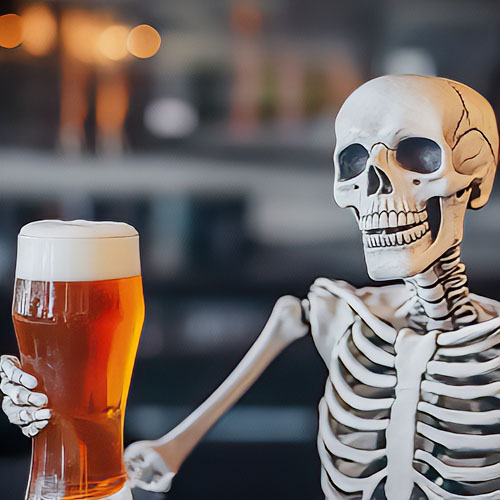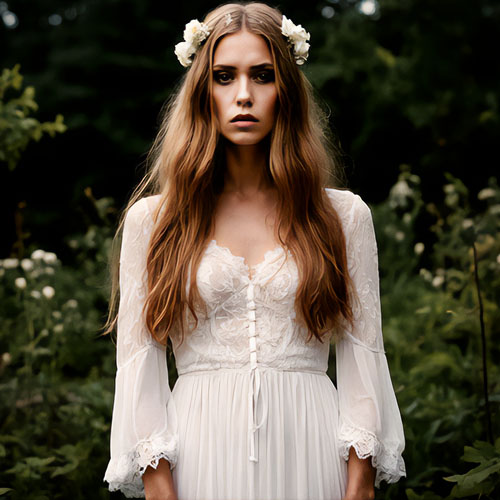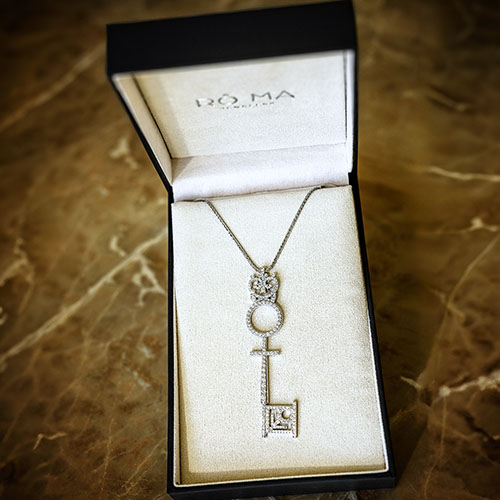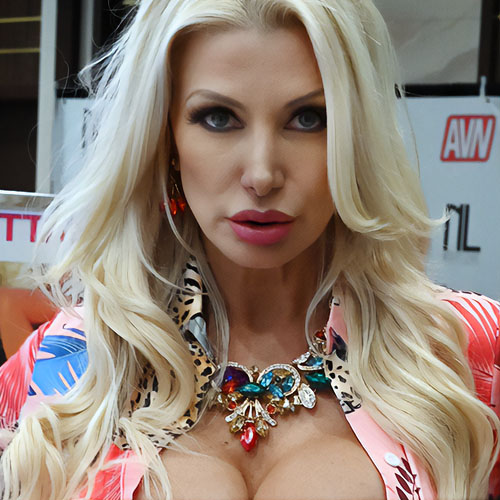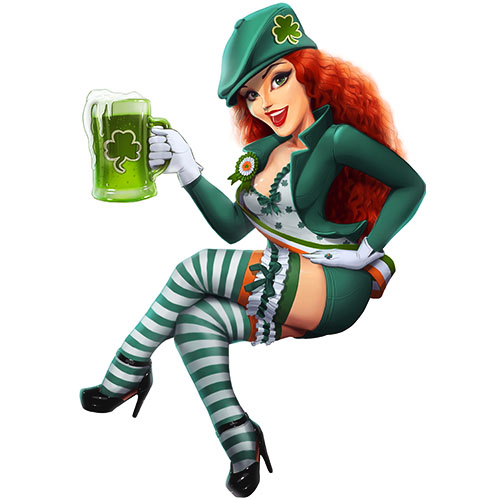I deactivated my Twitter account … and you can too!
Consider a Less “Social” Society
On July 24, 2018, my final tweet read:
Talking to my buddy @bramsec (Eric Abrams) about the state of humor and Twitter … and you know what? Fuck this. I’m out. I’ll see ya’ll later. Catch me on @Instagram. #deactivated
The post was referencing the then-recent James Gunn/Disney debacle, wherein the famed director had been fired from Guardians of the Galaxy Vol. 3. The reason: some salacious (and meant to be humorous) comments he’d made on our most beloved social media platform. Gunn’s temporary canceling — he’s since been rehired in what I deem a major score for free speech — came on the heels of Roseanne being scrubbed from her revived sitcom, also over a bad joke. She, perhaps by choice, perhaps not, has yet to resurface.
As a stand-up comedian, the axing of two very successful comedy-centric individuals had me spooked. These were big dogs put out to pasture in an instant. That sort of thing tends to scare a litter runt like me.
To be honest, I’ve been called out plenty on Twitter. But my perceived missteps never affected me financially. That’s thanks to my perpetual, albeit unintentional, level of anonymity. A lack of fame is a veil for financial protection. But there’s always the chance — or at least the hope — my profile status will one day suddenly change. And if or when it does, the trolls will start digging. The Daily Show’s Trevor Noah and SNL’s Melissa Villaseñor both faced heat over old, borderline questionable tweets when they made the overnight transition from the shadows to the spotlight.
So…I was done. Why take the chance of having my own words used against me? I wasn’t even sure if I’d ever tweeted anything that could be weaponized, but I sure as hell wasn’t about to start digging through my timeline to check.
Many of my colleagues were going on deletion sprees. It seemed everybody in entertainment was. The Last Jedi director Rian Johnson erased some 20,000 tweets. I’m only aware of this because it made the news. Learning that some people’s accounts were not only being scoured for incriminating evidence, but also monitored for how much of that evidence was being trashed, was more than disheartening. It was frightening.
As fear continued to creep in, I started to reflect on my Twitter experience as a whole — what took place during the day-to-day. I quickly realized that folks in the entertainment biz weren’t the only ones having a tough go of it. It was everybody. Thoughts were no longer met with discussion, but degradation. Debates were devolving into digital bar brawls. When like-minded individuals aligned on perspectives, they considered one another brilliant. Anyone at odds with them were demonized. Virtue had somehow transformed into dogma, ideology into science, and opinions into hard facts. Hopping on Twitter to check in with the culture was like attending a biblical stoning to see “what the public was up to.”
So, my patience with and interest in this online community had been exhausted. It was time to shut the whole fucking thing down. I headed straight to my Twitter account settings.
It may have been an impulsive move. Maybe the real growth here would come from pressing on, and not pressing “Deactivate.” Perhaps learning to live with Twitter like a malady, versus cutting it out like a cancer, was the way to go. But that’s not where my head was at.
The extreme summer heat that day surely didn’t nurture clear thinking. It was only noon and the outside temperature in Los Angeles had reached 94 degrees Fahrenheit. Ninety-four degrees with 56 percent humidity in a goddamned city whose blazingly judgmental social climate already has you sweating bullets. Had I instead been sitting on the front porch of a log cabin in Vermont, amidst a cool, whispering breeze, with only the sights and scents of forest trees surrounding me, I might have acted otherwise. But I wasn’t, and I didn’t.
Click!
In the months that followed, socially, I felt calmer, clearer, and happier. Turns out, the Twitter experience had immensely soiled and narrowed my worldview. I’d flat-out forgotten there were other, more constructive ways to interact with people. Even if people weren’t interested in engaging in them, it was good to be reminded there was a better way. I liked being back in the real world, feet flat on the ground, my head out of the cloud. This new clarity proved there was undeniably something cleansing and, more importantly, something gained, from no longer jumping into the social media shit show.
Not that it all came without concern. When you break from the pack, certain fears are sure to rear their ugly heads. A part of me felt like I had cut myself off from information and interaction, like I’d permanently ditched my cell phone or resigned from using email. In truth, it was just the opposite. New channels of communication opened up, while the old corroded ones were shut down and sealed off.
Clicking “Deactivate” was like hitting the flush button in an airplane bathroom. Waste, filth, and impurity, magnificently sucked away in a flash. Gone was my anxiety about being smeared, my dismay about being shamed, and any foreboding thoughts of being bullied. I’d ended an abusive relationship. There were no more concerns like, “What will I be yelled at for today?” or “How long before I’m told I did something wrong?” or “When will the brigade of insults begin?” It often takes getting free and clear of a toxic force for you to realize the damage it’s truly doing. For me, using Twitter was like living next to a Superfund site; over time, the poison covertly took its toll.
Flash-forward a year or so from that fateful day in July. I’m still Twitter-free, and my understanding of my relationship with the social network continues to deepen. Back in my tweeting days, I’d often wonder, Why do we use this platform in this fashion? This wonderful interface, constructed to provide a truly democratic experience, where individuals can exchange ideas evenly, has only transformed us into crazed dictators. “What did you say?! Blocked!” “You think what?! Reported!” What a horrible representation of us.
But over the last 14 months, I’ve come to realize Twitter isn’t the malignancy I once made it out to be. It’s just a minor symptom of a much greater disease: our addiction to self-sensationalism. We seem to be at our happiest in this country when we’re screaming “YOU’RE TERRIFIC!” in the mirror, or “YOU’RE FUCKED!” out the window. What better place to indulge these twisted proclivities than an app that lives right in your pocket, accessible at all times, for any impulsive lashing-out or self-aggrandizing thought that pops into your head.
Sadly, the old-school social interactions I so greatly looked forward to weren’t all that different from the newfangled ones online. I quickly noticed an undeniable increase in provocative discussions only being conducted in hushed tones, and people tapping out of most conversations once they got heavier than “What did you think of the Game of Thrones finale?” Common communication is barreling toward a one-sidedness that would put most fundamentalist televangelists to shame.
Turns out, Twitter isn’t a bad representation of us. Twitter is us. And for that reason, most folks feel like they can’t live without it. And maybe that’s true.
Full disclosure: As of the publication of this piece, I am about to reactivate my account. Hypocritical? Probably. Experimental? Possibly. I’d like to think I’m reentering the relationship with a fresh understanding of myself. I have new boundaries, different expectations, and interest in real growth. I’m more in touch with what I’m looking for this time around. And if things don’t go exactly how I want them to, I’ll just jump ship again. After all, I’m a self-indulgent, self-centered addict of self-sensationalism…just like everyone else.
Joe DeRosa is an American stand-up comedian, author, musician, actor, producer, director, editor, television writer, and podcast host.











